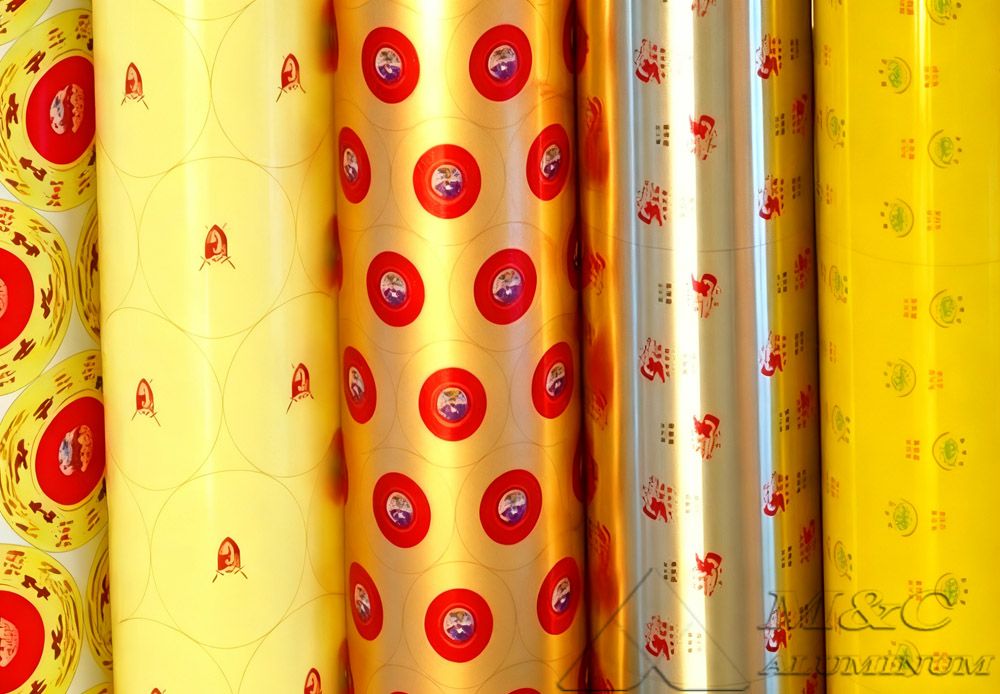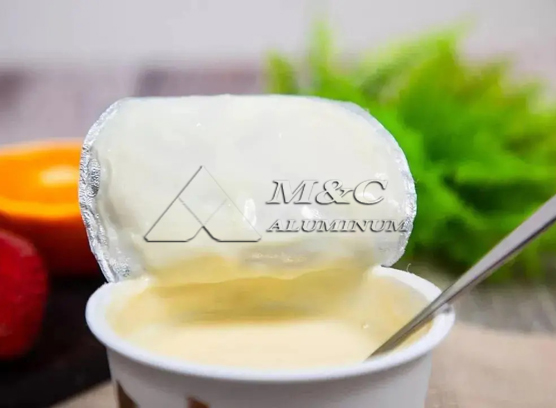- Address:Zhengzhou, Henan, China
- Mon-Fri (8am - 6pm)
- sales@alummc.com

Strict Requirements for Aluminum Alloy Bottle Cap Material
Aluminum alloy bottle cap material plays a crucial role in the packaging industry, mainly used for alcohol, beverages (carbonated and non-carbonated), and pharmaceutical or health products. The primary aluminum alloys for caps include 1xxx, 3xxx, and 8xxx series, typically supplied in temper states such as H14, H16, H18, H19, etc.
Compared with traditional plastic or tinplate caps, aluminum tamper-evident caps are favored by consumers due to their excellent sealing, high-pressure resistance, corrosion resistance, aesthetic appeal, and environmental friendliness.
Characteristics of Aluminum Alloy Bottle Cap Material
1. Low water vapor transmission: Completely opaque, effectively preventing harmful UV effects.
2. High-temperature resistance: Suitable for sterilization and boiling processes.
3. Aesthetic appearance: Excellent printability for brand logos and designs.
4. Superior formability: Can produce complex cap shapes, including tamper-evident rings.
5. Safe and hygienic: Non-toxic and odorless.
6. Eco-friendly: Fully recyclable.

Specifications of Aluminum Alloy Bottle Cap Material
| Alloys | 8011, 3105, 1060, 3003, 5052 |
| Temper | O / H14 / H16, etc. |
| Thickness | 0.15-0.30 mm |
| Width | 100-1600 mm |
| Length | Customizable |
| Type | Sheet / Coil / Strip |
| Applications | ROPP caps, wine caps, pharmaceutical caps, beverage caps, etc. |
Performance Indicators of Aluminum Alloy Bottle Cap Material
| Thickness tolerance | ±0.01 mm (for standard thickness 0.15-0.30 mm) |
| Tensile strength | 130-180 MPa (adjusted according to alloy and temper) |
| Elongation | ≥4% (ensures deep drawing performance) |
| Earing (ear height variation) | ≤2% |
| Coating adhesion | No peeling, flaking, or cracking (for printed/coated sheets) |
Quality Requirements for Aluminum Sheet Used in Caps
Material Strength and Elongation: Aluminum caps are processed on highly automated production lines, requiring strict control of material strength and elongation to prevent cracking or wrinkling during fabrication, ensuring the final caps are suitable for printing.
Dimensional Tolerance: Cap dimensions must be tightly controlled to ensure precise fit on various containers, maximizing sealing performance.
Surface Quality: Cap surfaces must be smooth, free from oil spots, wrinkles, or severe dents. Coil edges should be clean, with no cracks or burrs, ensuring aesthetic appeal and comfortable handling.
Hygiene and Safety Standards: Materials must comply with GB/T, EN, FDA, and other food-contact standards. Coatings must be free of harmful solvent residues and heavy metals.
-
Advisory Message
Alloy Grade Thickness, Application, etc.
-
Quick Reply
Quick reply within 30 minutes
-
Getting Information
One-to-one design and customized production plan










